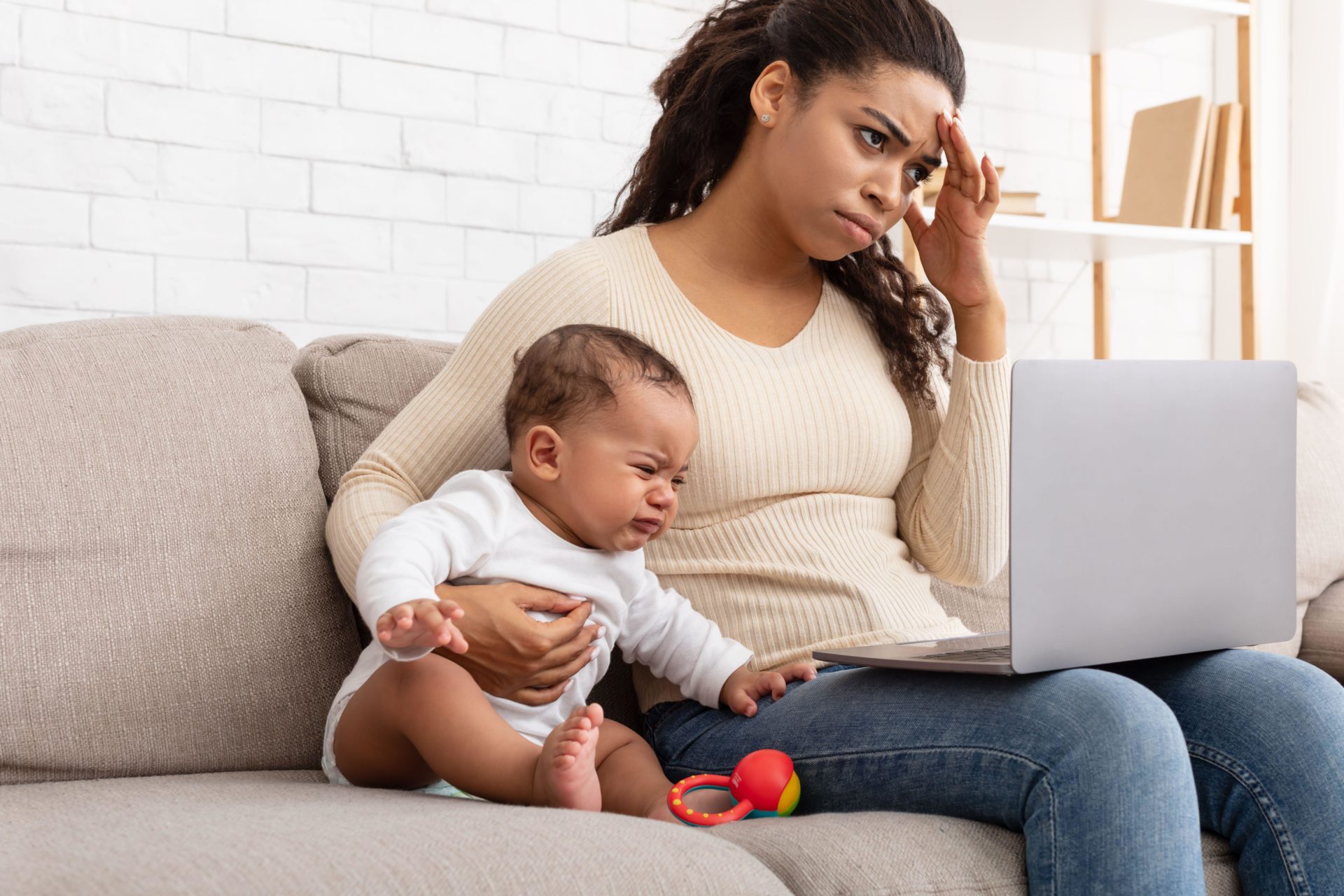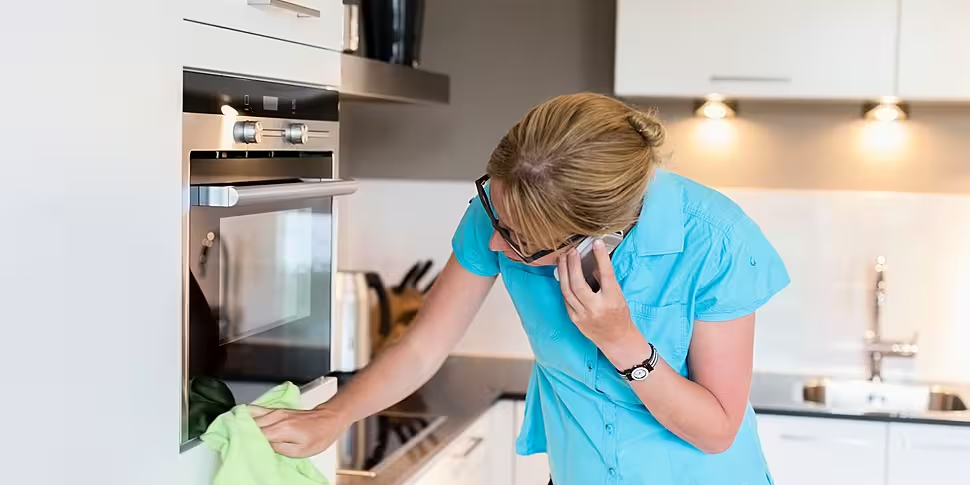A new study has revealed that 40% of EU residents believe the most important role of a woman is to take care of her home and family.
The finding comes from new research carried out by the European Commission as part of their EU-wide social media campaign to tackle gender stereotypes.
The study found that 35% of Europeans believe that men are more ambitious than women.
It also reported that women earn on average 36% less, by comparison to their male counterparts.
On Lunchtime Live, Janes Downes, founder of Jane Downes Finance Talent, said she was "amazed" by the results of the study.
"We're moving more from me deciding what's right for you, and really, in my mind, it's always about choice," she said.
"The issue of working inside the home or outside the home for women, it's so emotional for people.
"A lot of the time, they don't have the freedom to make the choice they want might want to make."
Barriers
Ms Downes said some working women may wish to be at home, while some stay-at-home mothers may long to return to the workplace.
"There are so many barriers to entry, from childcare to upskilling to getting flexible work," she said.
"I think what's important is that people feel they can make choices that suit their lifestyle.
"As a society, we really need to look at how we facilitate as many people as possible to [either] participate in the workforce or enable people to be able to take time out and be at home with their families if that's what they choose."
Parenthood
Aileen, who is working from Austria, said she believes women don't have enough choices when it comes to the workplace.
"It's about shared parenthood, and also shared skill sets in terms of people going into the workplace," she said.
"I think sometimes that sounds like women shouldn't work, or they should be at home or forgetting their intelligence levels, forgetting their ambitions and skill sets.
"That survey forgets all of those parts of the intellectual side of us all."
 Mother Trying Work On Computer While Infant Screaming (Prostock-studio / Alamy Stock Photo)
Mother Trying Work On Computer While Infant Screaming (Prostock-studio / Alamy Stock Photo)The right direction
Fachtna told the show that the 1937 Constitution was the root of the "discrimination against women", specifically citing Article 41.2.
The article states that the State "shall, therefore, endeavour to ensure that mothers shall not be obliged by economic necessity to engage in labour to the neglect of their duties in the home."
"As long as you've got something like that going on at an official level, you're always going to have some social acceptance of that," he said.
He said that a child should have either parent – regardless of gender – available to them for childcare.
"There should be an adult available for them and them alone – not a teacher who is available for 20 other people at a time – their parents should be available for them."
Support
Brian said the conversation is too centred around women and does not consider men who are also "forced" to work full-time to afford to take care of the household.
"I'm not saying women should stay at home, I'm saying maybe a parent should stay at home – whether it's the father or the mother," he said.
Kim said she found the results "shocking" because she believed Europe was "at a point where it's not really anybody's business."
"Our work environment here is not overly supportive to mothers working full-time," she said.
"The Constitution is holding us back, big time."
You can listen back here:









